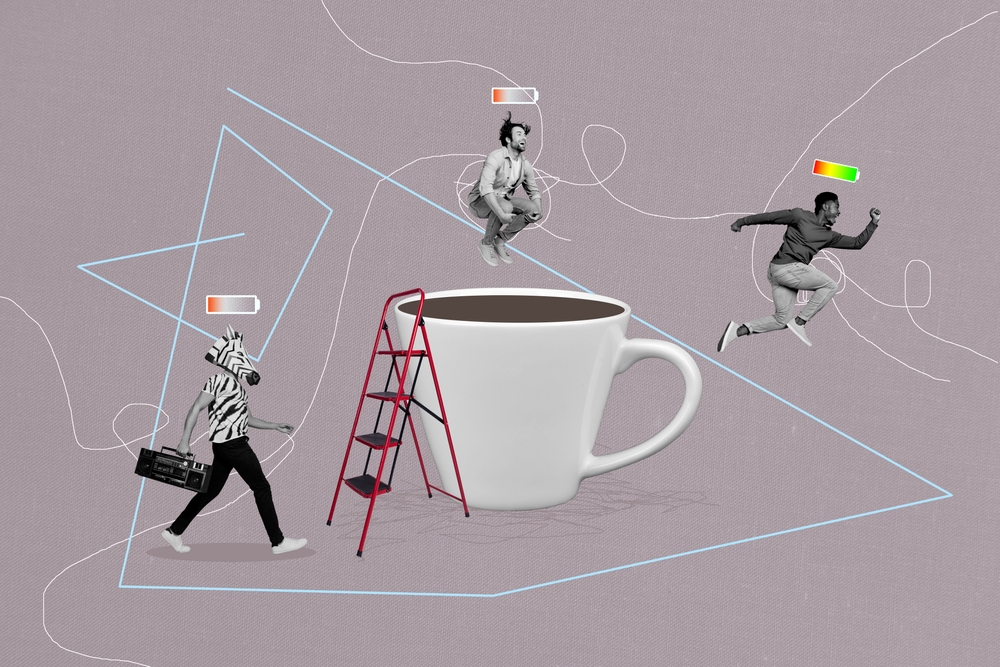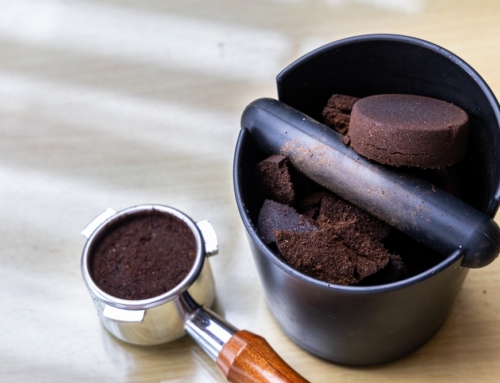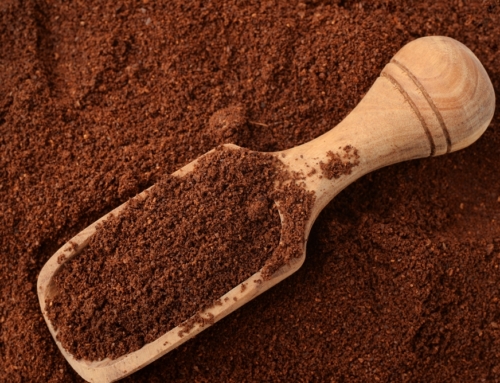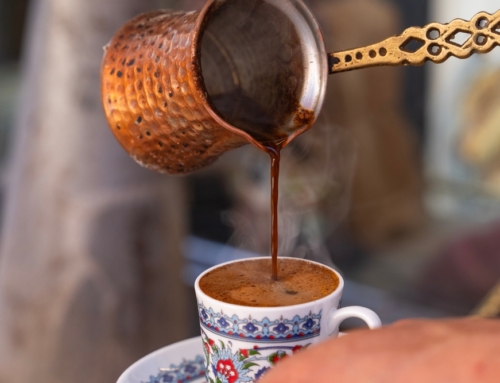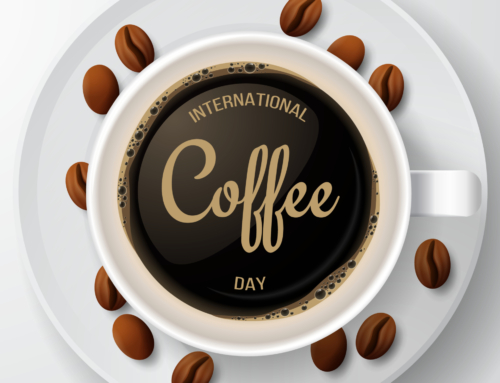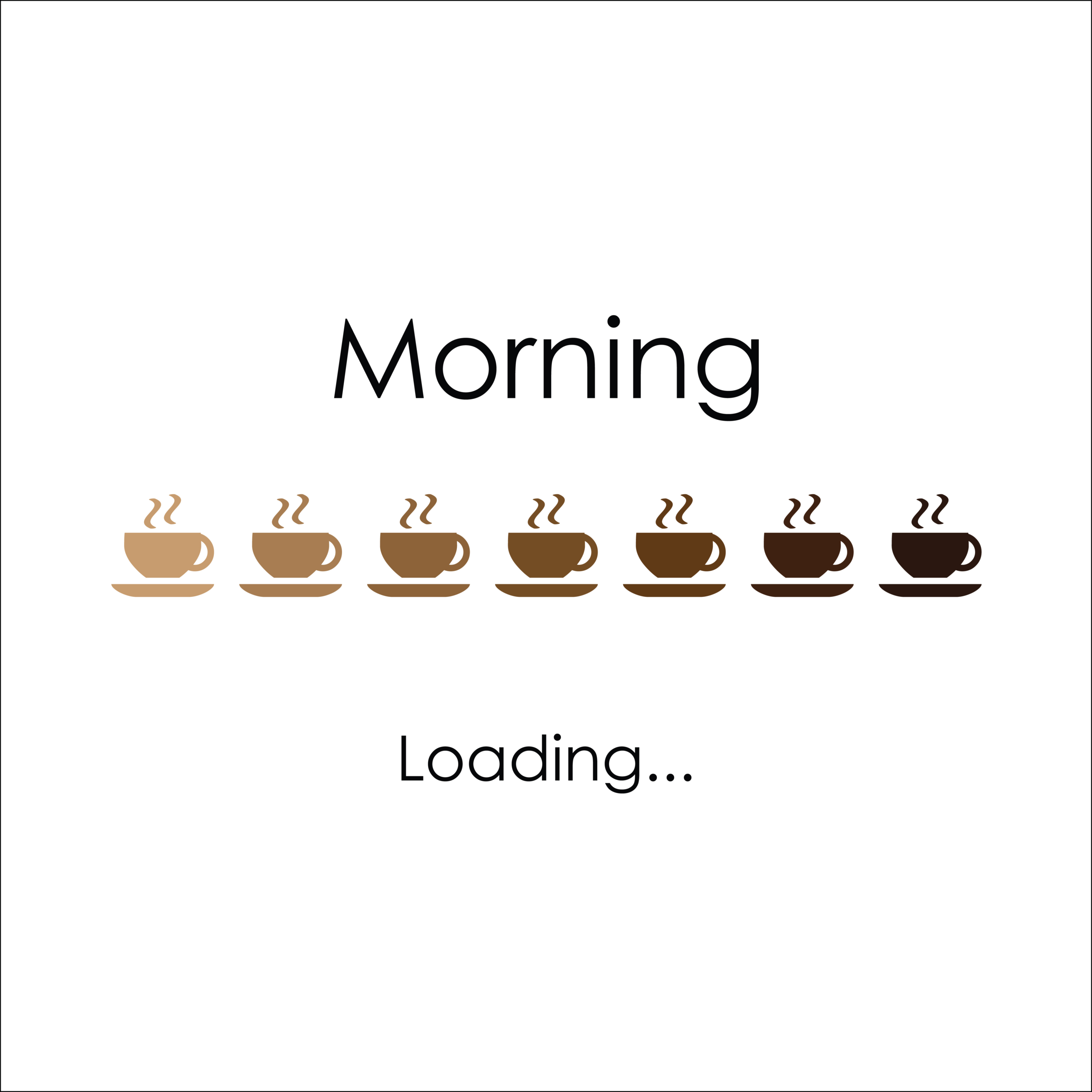For many people, coffee is a go-to drink to kickstart the day or keep them going during a busy afternoon. However, some people find that coffee doesn’t provide the energy boost they expect. If you’ve ever wondered “why doesn’t coffee give me energy?” or “why does coffee not give me energy?”, you’re not alone. In this article, we’ll explore the reasons behind this phenomenon and answer other common questions about coffee and its effects on energy levels.
Does Coffee Give You Energy?
For most people, the answer to “does coffee give you energy?” is a resounding yes. Coffee contains caffeine, a natural stimulant that blocks adenosine, a neurotransmitter responsible for making you feel sleepy. This is why coffee can help you feel more alert and awake. However, the energy boost you get from coffee may vary based on several factors, including your tolerance to caffeine, the amount you consume, and even the time of day.
Does Decaf Coffee Give You Energy?
Does decaf coffee give you energy? Not in the same way regular coffee does. Decaf coffee has most of its caffeine removed, so it doesn’t provide the same stimulating effects. While it may offer some minor energy-boosting benefits due to trace amounts of caffeine, it’s much less likely to give you that noticeable jolt of alertness that regular coffee provides.

Is Coffee an Energy Drink?
While coffee provides a natural energy boost, it is not considered an “energy drink” in the same way that commercial products like Red Bull or Monster are. These energy drinks often contain additional ingredients like sugar, taurine, and other stimulants beyond caffeine. So, if you’re wondering “is coffee an energy drink?” the answer is no, but it can still give you a similar boost, minus the sugar and added chemicals.
Coffee or Energy Drink: Which Is Better?
When comparing “coffee or energy drink”, many people opt for coffee due to its natural caffeine content and fewer artificial ingredients. But energy drinks can provide a quicker and sometimes stronger rush due to added sugars and stimulants. If you’re looking for a healthier, sustained energy boost, coffee is generally a better choice. However, if coffee doesn’t give you the energy you’re looking for, you might be tempted to try energy drinks—just be mindful of their high sugar content and potential crash afterward.
How Does Coffee Give You Energy?
Caffeine in coffee works by stimulating the central nervous system. It blocks adenosine, a neurotransmitter that promotes sleep, and releases other neurotransmitters like dopamine, which can improve mood and alertness. So, when people ask “how does coffee give you energy?” it’s largely due to its ability to keep your brain alert while increasing adrenaline levels, which may temporarily improve physical and mental performance.
Why Doesn’t Coffee Give Me Energy?
Now, let’s address the key question: “why doesn’t coffee give me energy?” If coffee isn’t giving you the boost you expect, there could be a few reasons for this:
- Caffeine Tolerance: Over time, frequent coffee drinkers build up a tolerance to caffeine, which means you might not feel its effects as strongly. If you drink coffee regularly, it might not give you the same energy boost it once did.
- Dehydration: Caffeine is a diuretic, meaning it can cause you to lose water. If you’re dehydrated, coffee might not provide the energy you’re looking for. Instead, it may make you feel tired or sluggish.
- Sleep Quality: Coffee can only do so much if you aren’t getting enough sleep. Poor sleep habits can outweigh the effects of caffeine, making you feel tired even after drinking coffee.
- Caffeine Crash: After the initial caffeine boost, some people experience a “crash” where their energy levels dip below normal. This crash may make it seem like coffee isn’t giving you lasting energy.
- Wrong Timing: Drinking coffee too late in the day or too early in the morning can affect how it interacts with your body’s natural energy cycles. If you’ve been awake for too long, coffee might not be enough to combat your fatigue.
Coffee Energy: How Long Does Coffee Energy Last?
A common question is “how long does coffee energy last?” On average, caffeine’s effects start within 30 minutes and can last between 4 to 6 hours. However, how long coffee gives you energy depends on your individual metabolism and caffeine tolerance. Some people may feel the effects of coffee for a shorter period, while others may experience a longer-lasting boost.
Coffee Doesn’t Give Me Energy: What Can I Do?
If you find that “coffee doesn’t give me energy,” there are a few things you can try:
- Cut back on coffee: Try reducing your caffeine intake for a while to reset your tolerance.
- Hydrate: Drink water alongside your coffee to avoid dehydration.
- Improve your sleep habits: No amount of coffee can replace a good night’s sleep, so focus on improving sleep quality.
- Try different brew methods: Sometimes, the way coffee is brewed can affect its strength. Experiment with stronger brewing methods like espresso or French press.
How Long Does Coffee Energy Last?
As mentioned earlier, coffee’s energy-boosting effects can last between 4 to 6 hours, but some individuals may experience shorter or longer-lasting results based on their metabolism. How long does coffee energy last for you may depend on your tolerance, how much you drink, and how often you consume it.
